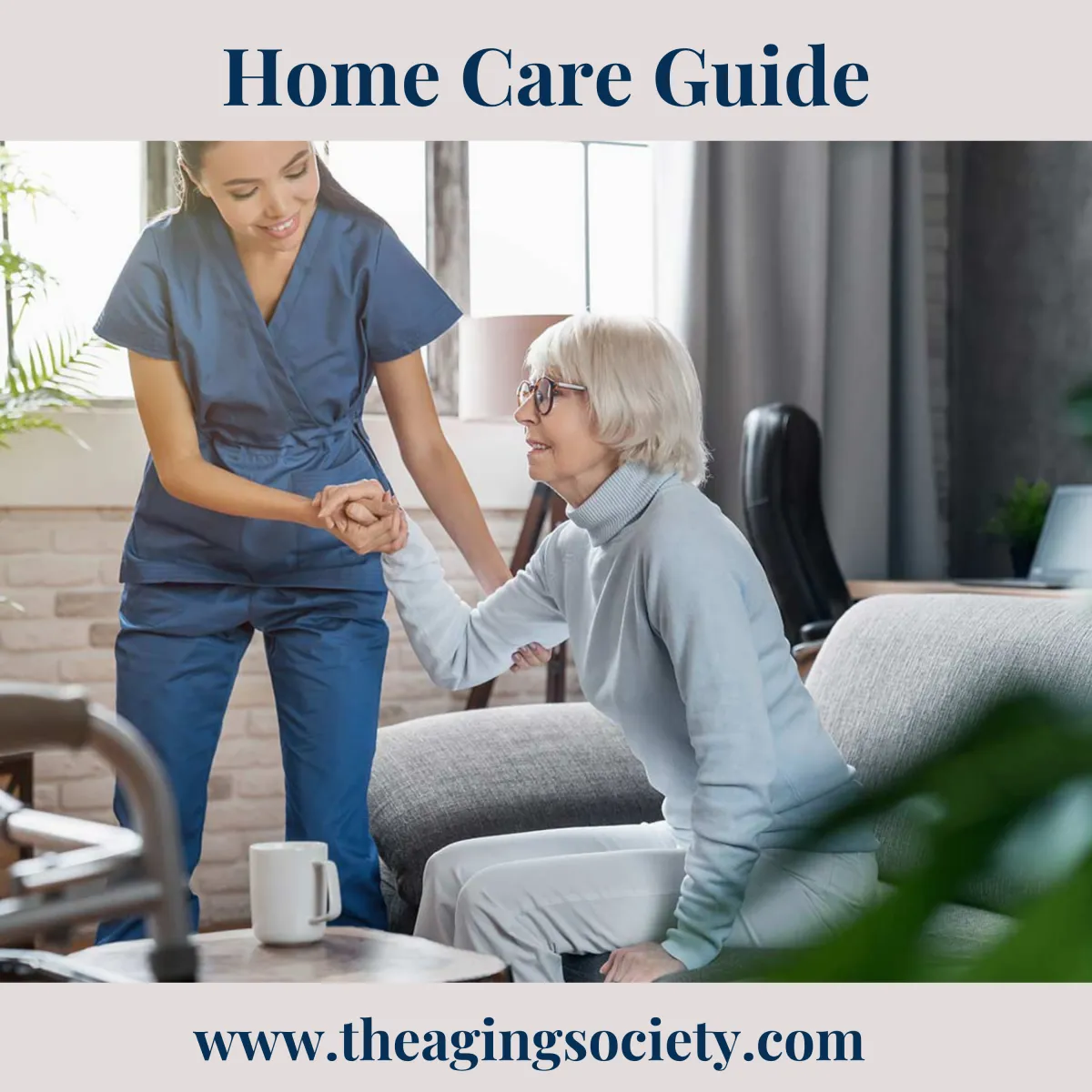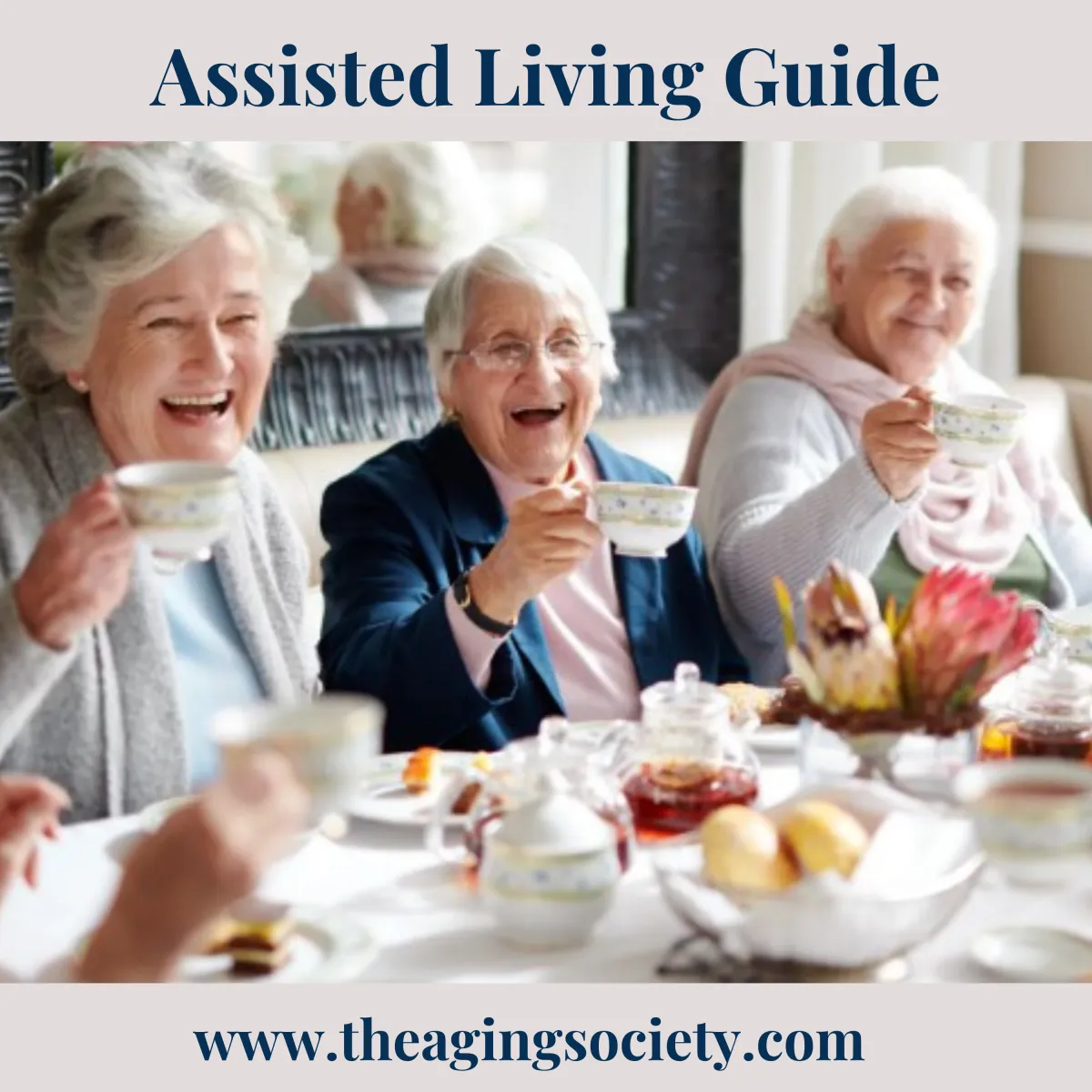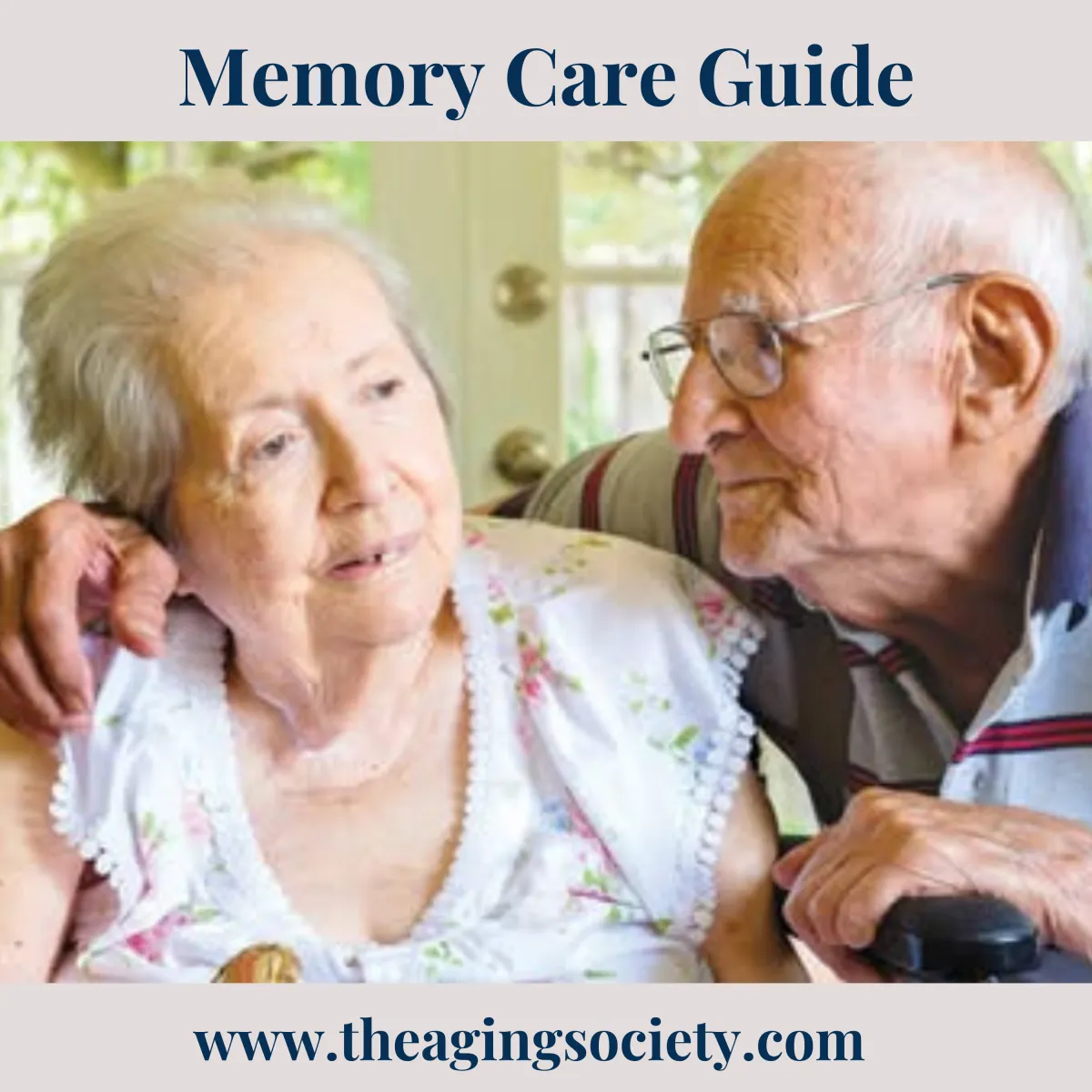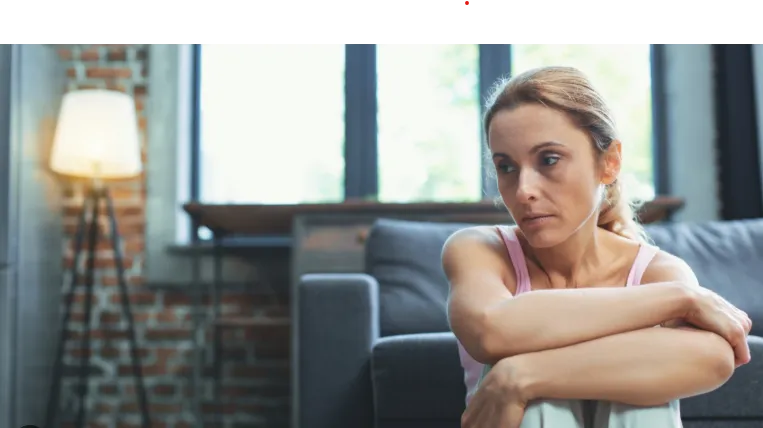Gentle Support For The Caregiver Who Never Asks for Help
Because You Care Deeply
You don’t complain. You don’t make a scene. You just keep showing up.
You remember the medications. You clean the dishes. You rearrange your life around everyone else’s needs. And somehow, people still say, "You’re so strong."
But what they don’t see is the cost. The exhaustion. The silent resentment. The fear of what happens if you don’t show up.
This space is for you. The caregiver who’s been steady, quiet, and under-supported for too long.
You Don’t Have to Be the Strong One Every Day
There is no award for doing this silently. And there’s nothing weak about needing support. What you might need most right now is:
Permission to stop holding it all in
Words to explain what you’re carrying
Tools that lighten your load without adding more to it
You’ll find all of that here. And no one will ask you to "do more" to get it.
What You'll Find Here
📖 Blog Posts That Get It Stories and strategies for caregivers who feel like they have to be everything for everyone.
✨ Soft Tools for Heavy Days Scripts, reminders, and simple shifts that take the edge off the overwhelm.
🚫 Zero Judgment, Just Relief Products and resources that help you rest, cope, and recover. No guilt attached.
Start With Something Small:
One Small Shift
A gentle daily moment of support, from one caregiver to another.
Between doctor’s appointments, work calls, and trying to remember when you last took a deep breath, it’s a lot. You don’t need a 40-page guide. You need one helpful thing that actually fits into your day.
That’s what One Small Shift brings:
📧 One short email each day (takes under two minutes to read)
💞 A real story, tool, or mindset shift from a caregiver like you
🛠 A small action that helps you feel lighter, emotionally or practically
Free. Gentle. Real-life tested.
🔓 Plus, when you join, you unlock helpful tools like:
✅The Caregiver Starter Kit
✅Mistakes to Avoid When Choosing Care
✅Senior Living Tour Checklist
✅Clarity Checklist: What Your Parent Really Needs
✅40+ Trusted Resources Directory
You deserve support that works in your real life — not just on paper.
You’ve Been Strong Long Enough
This isn’t about letting go of your strength. It’s about letting someone else support it, too. Start where you are. And know that needing help doesn’t make you weaker. It makes you human.
Talk With Purpose
31 Days of Scripts & Strategies For Families Navigating Senior Living Options
If conversations about caregiving feel heavy, tense, or just too complicated to start, this guide was made with you in mind. You’ll get 31 scripts written for real-life moments:
✅Checking in on a parent without sounding pushy
✅Asking for help from siblings without guilt
✅Starting care planning talks without sparking conflict
Each script comes with:
✅ A relatable Scenario
✅ A ready-to-use Script
✅ A short Strategy Tip so you understand why it works
✅ A Reflection Prompt to help you build confidence over time
You don’t have to go in order. You don’t have to finish it fast. And you definitely don’t have to do it all at once. Start with the part that feels easiest.
There’s even a page called: “Ways to use this even when you’re exhausted.”
Because connection shouldn’t require perfection, just a little help getting started.
Support Isn’t Giving Up
It’s Planning With Love
You’ve been showing up, day after day, checking in, filling in the gaps, carrying more than most people see.
If the conversations you’ve started with Talk With Purpose have you thinking, “What happens next? What if this gets bigger than I can handle?” You’re not alone and you’re not behind. The Senior Living Guides were made for moments like this.
Whether you’re considering home care, assisted living, or just starting to explore what’s out there, each guide gently walks you through:
What each care option really means
What questions to ask (without sounding pushy)
How to talk about it with your parent and siblings
What small step you can take, even if a decision feels far off
You’re not making promises. You’re not giving up. You’re just gathering information with love, because that’s who you are.

Not ready for a big move? This guide walks you through what quality home care looks like, how to choose the right help, and how to protect your parent’s safety and independence.

Wondering if your parent just needs a little community and support, but not full-time care? This guide helps you evaluate independent living options, including key questions and red flags.

From bathing and meals to meds and mobility, this guide helps you know when assisted living might be the right step, how to tour facilities, and how to make the decision with less guilt and more confidence.

When memory loss is affecting safety or personality, this guide helps you understand what memory care really means, and how to make a thoughtful plan rooted in love and reality.
Gentle Help For The Quiet Caregivers
One Small Story
These posts are for caregivers who show up every day, and rarely ask for anything in return.
Here, you’ll find calm, reassuring guidance that meets you in your quiet strength.
Because even the most dependable caregivers need care too, especially the ones who never say it out loud.

Why Caregiver Guilt Is So Common, And How to Quiet the Voice That Says You're Not Doing Enough"
Caring for a loved one is one of the most selfless roles a person can take on. Yet despite the compassion and commitment involved, caregivers often wrestle with a heavy and persistent burden: guilt. This quiet, internal voice tells them they’re never doing quite enough, even when they’re giving their all.
Let’s explore why caregiver guilt is so widespread, and more importantly, how to silence that nagging voice so you can continue caring with confidence and peace of mind.
Why Caregiver Guilt Is So Common
Guilt among caregivers is not just common, it’s practically universal. This emotional response stems from a complex web of personal expectations, societal pressure, and the deeply emotional nature of caregiving.
Here are the main reasons why guilt shows up so often in caregiving:
Unrealistic Expectations
Many caregivers hold themselves to impossible standards. They believe they should be endlessly patient, always available, and capable of handling every challenge perfectly.
Comparisons With Others
Seeing other caregivers who seem more organized or emotionally composed can make one feel inadequate, even if those comparisons are unfair or incomplete.
Past Regrets
Caregivers may dwell on past decisions, feeling guilty about actions they took, or didn’t take, even if those decisions were reasonable at the time.
Lack of Recognition
Without external validation, many caregivers begin to question whether they’re truly doing a good job, feeding into feelings of guilt and self-doubt.
How to Quiet the Voice of Guilt
Silencing guilt doesn't mean ignoring your feelings. Instead, it involves recognizing those emotions and replacing harsh self-judgment with realistic, compassionate perspectives.
Here are effective ways to manage and reduce caregiver guilt:
Acknowledge Your Efforts
Remind yourself daily of what you are doing, not just what you feel you aren’t. Create a gratitude journal to document small wins and heartfelt moments.
Challenge Negative Thoughts
When guilt creeps in, question it. Ask yourself: “Is this true, or am I being too hard on myself?” Replace guilt-driven thoughts with more balanced ones.
Set Realistic Boundaries
It’s okay to say no. You cannot pour from an empty cup. Setting limits protects your energy and ultimately helps you be a more present caregiver.
Seek Support
Talking with others who understand your situation through support groups or counseling can validate your feelings and offer new perspectives.
Practice Self-Compassion
You are human, and perfection is not required. Be as kind to yourself as you would be to a friend in the same position.
Final Thoughts
Caregiver guilt may be common, but it doesn’t have to control your experience. By identifying its sources and using mindful strategies, you can shift your mindset and find greater peace. Remember: doing your best, with love and dedication, is more than enough.
One Small Moment
From One Caregiver to Another
This isn’t just another resource drop. It’s a pause. A moment. A soft landing at the end of a hard week. Whether you’re managing appointments, navigating family conflict, or just trying to keep going without falling apart, you deserve a space that sees you.
Join the newsletter with 2000+ Caregivers like you who trust The Aging Society for emotional clarity, practical support, and honest conversation.
You show up for everyone else. Let this newsletter show up for you!
From Other Caregivers Like You
“I didn’t realize how much I was carrying until I read one of the posts and started crying. It was the first time I felt seen.”
“This site feels like a soft landing. It doesn’t push you — it just helps you feel less alone, one small thing at a time.”
“I used to think I wasn’t a ‘real’ caregiver because I wasn’t doing the medical stuff. Now I know that showing up, emotionally, mentally, matters too.”
“People always tell me I’m strong. But what I needed was someone to say, ‘You don’t have to do it all.’ That’s what I found here.”
“What I needed wasn’t more information, it was permission to act without guilt. This space helped me trust myself again.”
"The tools here don’t just give you information, they make it feel doable. From the match guide to the family scripts, I finally feel like I can handle what’s ahead without losing myself in the process."
© 2025 The Aging Society. All rights reserved.
For families navigating senior care, find clarity, compassionate support, and trusted resources for senior care.
It all starts with One Small Shift.
